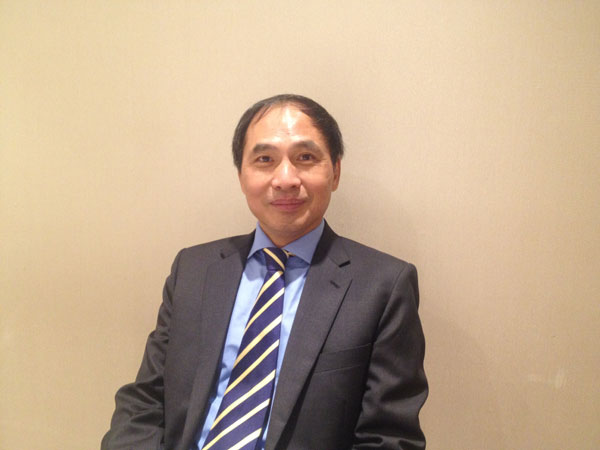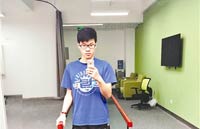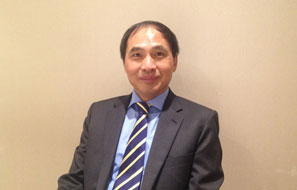Expert: Lawyers should abide by law
By Wu Yan and Guo Kai (China Daily) Updated: 2016-08-08 08:46
 |
|
Zheng Yongnian, director of the East Asian Institute at the National University of Singapore.[Photo provided to chinadaily.com.cn] |
Attorneys should not make use of legal cases to violate laws, and would be penalized for that in any country, a leading China studies expert said on Friday.
"Lawyers who stir up social activism step outside the boundaries of their profession," said Zheng Yongnian, director of the East Asian Institute at the National University of Singapore, adding that when these activities violate the country's laws, the law will punish them.
Zheng's comments come after Zhou Shifeng, a lawyer who formerly managed the Fengrui Law Firm in Beijing, was convicted on Thursday of subverting State power and sentenced to seven years in prison. Zhou pleaded guilty and told the court he would not appeal the ruling.
Tianjin No 2 Intermediate People's Court said in a statement that Zhou, 52, had long been influenced by anti-China forces and was plotting to overturn the country's political system, especially after 2011, when he met Hu Shigen, the leader of an illegal religious organization.
Zhou used his law firm as a platform to manipulate public opinion by encouraging like-minded attorneys and residents to protest about sensitive issues, the verdict said.
"Lawyers can take part in political activities, as they do in the United States and elsewhere, but they should not change law cases into political affairs, especially when those affairs violate the law," Zheng said.
These lawyers were not engaged in such activities for the sake of the country or society, Zheng said, but acted out of their private interests.
Zhou said his activities caught the attention of foreign powers.
"They've been actively wooing me, and want to use us to challenge court hearings and China's entire judicial system, making trouble for the Chinese government," he said, adding that these outside forces want to overturn the leadership of the Communist Party of China.
When foreign influences are behind the activities that attack a country's political and judicial system, causing chaos and social instability, no country would sit idly, Zheng said. "Singapore would not do so either."
Foreign media and governments have double standards in Zhou's case, Zheng said. They do not allow these kinds of activities to happen in their countries, but they support such efforts to try to overturn the rule of Communist Party of China.
Zheng warned those who want to change China's political system of the uncertainties of revolutionary change. "What will the consequence of such revolutions be? Look at what happened in the Middle East, North Africa and Central Asia."
What happened in those regions did not really represent people's interests, Zheng said, but indeed was against them.
A public trial was held in Zhou's case, which shows the country's progress in governance by the rule of law, he said.
Zheng also suggested that China should think about and improve the regulation of its judicial system.
"Some of China's regulations are too abstract, macroscopic and nonspecific," Zheng said. "China should have more education in its legal system about what it means by the rule of law."
In Singapore and Western countries, private associations of lawyers have detailed regulations to ban lawyers from taking illegal paths to achieve their goals.
Contact the writers at guokai@chinadaily.com.cn
- Subversion of State: 'There's no place for outlaws'
- Lawyers should abide by law: Expert
- China, Russia eye crossings on border island
- Desert sands working magic on aches, pains
- China convicts four for state power subversion
- China launches first mobile telecom satellite
- Regulation targets root of terrorism
- Activist accused of subversion pleads guilty
- Health certificate steps reduced for foreigners
- Guangdong police bust illegal fund-raising gang










